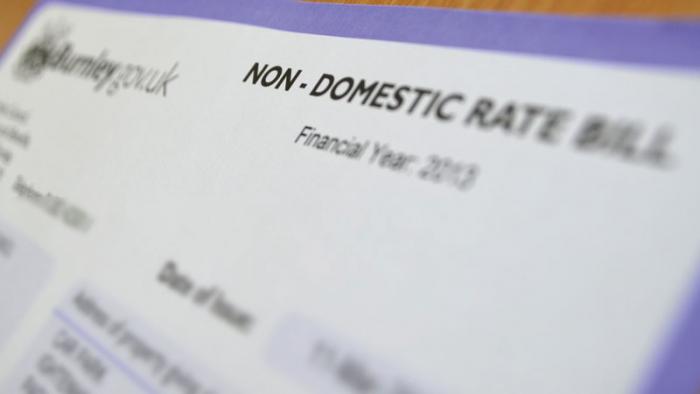Following the Autumn Statement, the Department for Communities and Local Government (DCLG) has now confirmed the provisional Uniform Business Rate (UBR) multipliers for the 2016/17 rate year. At the same time, Scottish Government has announced its draft budget for next year. Increases in the UBR multiplier in England are limited to a maximum figure which is set by the September RPI increase. As we reported in these news pages, the September RPI increase was 0.8% and DCLG has now confirmed that the UBR multiplier for 2016/17 will increase in line with this.
The UBR multiplier for 2015/16 is 48.0 pence for small properties and 49.3 pence for large properties in England and in Scotland and 48.2 pence for all properties in Wales. DCLG has announced that the provisional figures for 2016/17 in England will be 48.4 pence for small properties and 49.7 pence for large properties – which are those with a Rateable Value of £18,000 or more outside London and £25,500 or more in London. This means that there has been no increase in the Small Business Rate Relief Supplement, which is the difference between the multipliers for small and large properties. This supplement will remain at 1.3 pence for next rate year, the first year since 2011 that there has been no increase in this figure.
Scottish Government has announced its draft budget for 2016/17 and has announced that it will continue to align its small business multiplier with that in England for next year. This means that the unified business rate in Scotland for small properties in 2016/17 will also be 48.4 pence. However, the approach taken by Scottish government to the multiplier for larger businesses will depart significantly next year from the position in England. The draft budget in Scotland shows that the small business rate relief supplement paid by properties with a Rateable Value in excess of £35,000 will increase from 1.3 pence, as in England, to 2.6 pence. This means that in Scotland, assuming the draft budget is approved, properties with a Rateable Value in excess of £35,000 will pay rates based on a unified business rate multiplier of 51.0 pence.
There is no announcement yet from Welsh Assembly Government of its UBR multiplier for 2016/17, but there is no Small Business Rate Relief Supplement in Wales and, given what has happened to the multipliers in England and in Scotland, it seems reasonable to assume that the multiplier in Wales will be 48.6 pence for the 2016/17 rate year, which commences on 1 April 2016.
The final figures will only be confirmed after the Local Government Finance Report for 2016/17 has been approved by the House of Commons, or on 1 March 2016, whichever is the earlier, but in past years the final figures have always aligned with the provisional multipliers announced by DCLG, so we feel that it is now safe to budget on the basis of these provisional figures. Assuming these provisional figures are confirmed they will represent the highest levels of corporate tax in the UK and will mean that property taxes in the UK remain amongst the highest in any OECD countries. The UK governments show no sign of trying to reduce the level of property taxes and ratepayers will continue to be concerned about the burden of business rates through to the 2017 rating revaluation and almost certainly beyond there.

